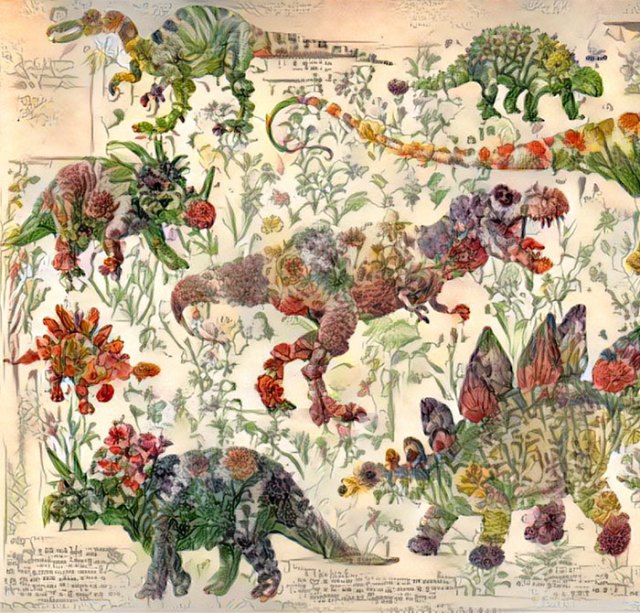
Hi and welcome to this week’s Lez Liberty Lit!
Things About Queer Books (And Other Books Relevant To Your Interests)
At Xtra!, Kai Cheng Thom writes about being a trans women of color author, noting:
“In continuing education for my work as a therapist, I recently learned that trauma psychologist Janina Fisher observes that for traumatized individuals, success often feels like shame — shame being not only the belief that one is an inherently bad person, but also the physical process of the body shutting down in response to stress. Shame is thus intrinsically linked with the chronic physical pain experienced by trauma survivors, a perspective also championed by renowned trauma physician Bessel van der Kolk.
I knew at once, with the clarity of suddenly seeing myself reflected in a mirror, that this is what was happening to me. I was ashamed of what I had spent my whole life dreaming of doing: becoming an author. And I knew intuitively that this shame was connected to the strange phenomenon of simultaneous public attention and private isolation that comes with being suddenly catapulted into the category of a (very, very minor) public figure.”
At Bitch, Vuyelwa Maluleke and Koleka Putuma discuss performing identity, positioning identity in their work, and the South African poetry landscape.
The San Francisco Museum of Modern Art will text you back.
Stop destroying the planet, and not only because a zine told you to.

Teen romance ruled the 1950s comics industry.
Stop comparing (always white, women) writers to Didion, writes Rafia Zakaria at the Guardian:
“A great deal has been said about the whiteness of publishing (and more recently the white-femaleness of publishing). Everyone seems to want publishing to be diverse and for the literary conversation to reflect the perspectives and ideas of the other and outsider. This can’t happen without dismantling the literary models that make impossible demands on those without whiteness and its accrued privileges. The conversion of Joan Didion’s predilections into prescriptions does exactly that: birthing a literary genealogy that only white women writers can claim. Five decades ago, Didion earned her reputation by being avowedly and unabashedly herself. Respecting her today may require giving up the search for more Didion-ish writers, and instead recognising the terrific worth of Didion, the proper noun.”
“Zinzi Clemmons’s debut novel, What We Lose, is a gorgeous specimen of experimental fiction that refuses to stay within the boundaries set for writers who aren’t white cisgender men,” writes Ilana Masad at Bitch.
Empathy isn’t enough.
At the Nib, seven Black comics discuss working under Trump.
Jane Austen is on the new £10.
Samantha Irby was interviewed at the Rumpus about her new book, feeling like a writer, perfectionism, what she’s reading, and more.
There will be new Harry Potter books this October.
Read these six graphic novels if you want to cry or these six graphic novels if you just want to read graphic novels and maybe cry or maybe not who can say. Read these new books by women this summer. Read these three books in one afternoon. Read these small press books. Read these recent works in translation. Read these queer women’s books written before The Well of Loneliness.
Sometimes you have to burn your work.








Comments
Thank you for the link to the San Francisco Museum of Modern Art article! I’ve been texting it all day.
Thank you for the link to Kai Cheng Thom’s piece – loved it!
Thanks for the link to the 3 short reads. I do love a Shakespeare retelling! I’d recommend Robin Talley’s As I Descended, a retelling of Macbeth. https://www.goodreads.com/book/show/28218948-as-i-descended
Wow. Just wow. “Burning your work” left me with no words (literally). You overdid yourself this week, Carolyn.
Aw thank you!